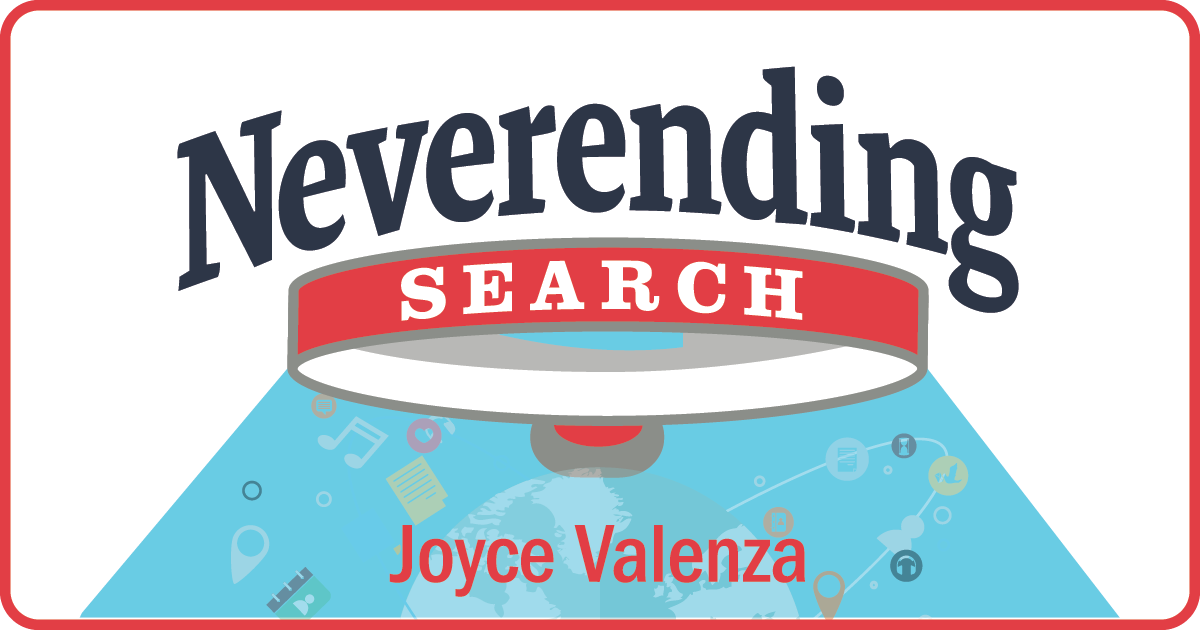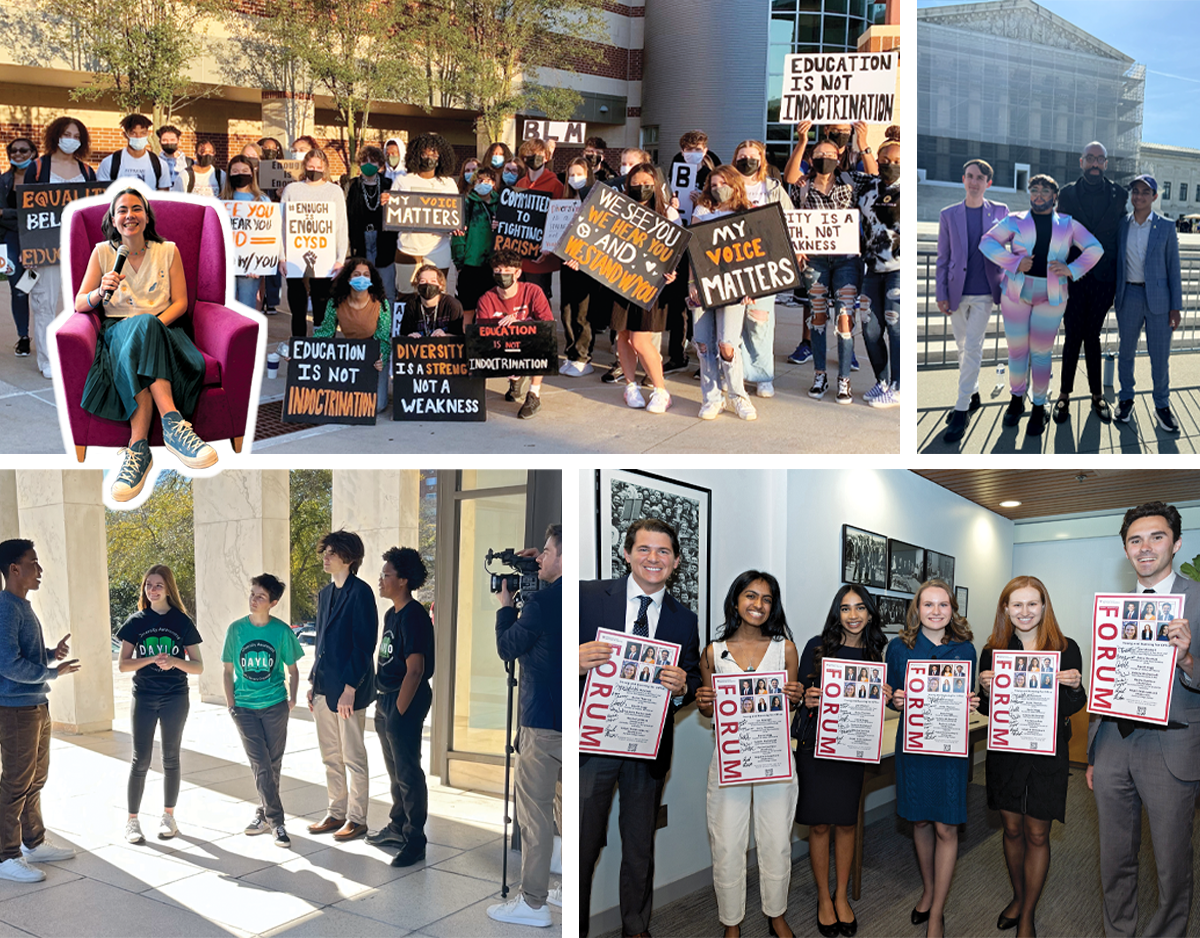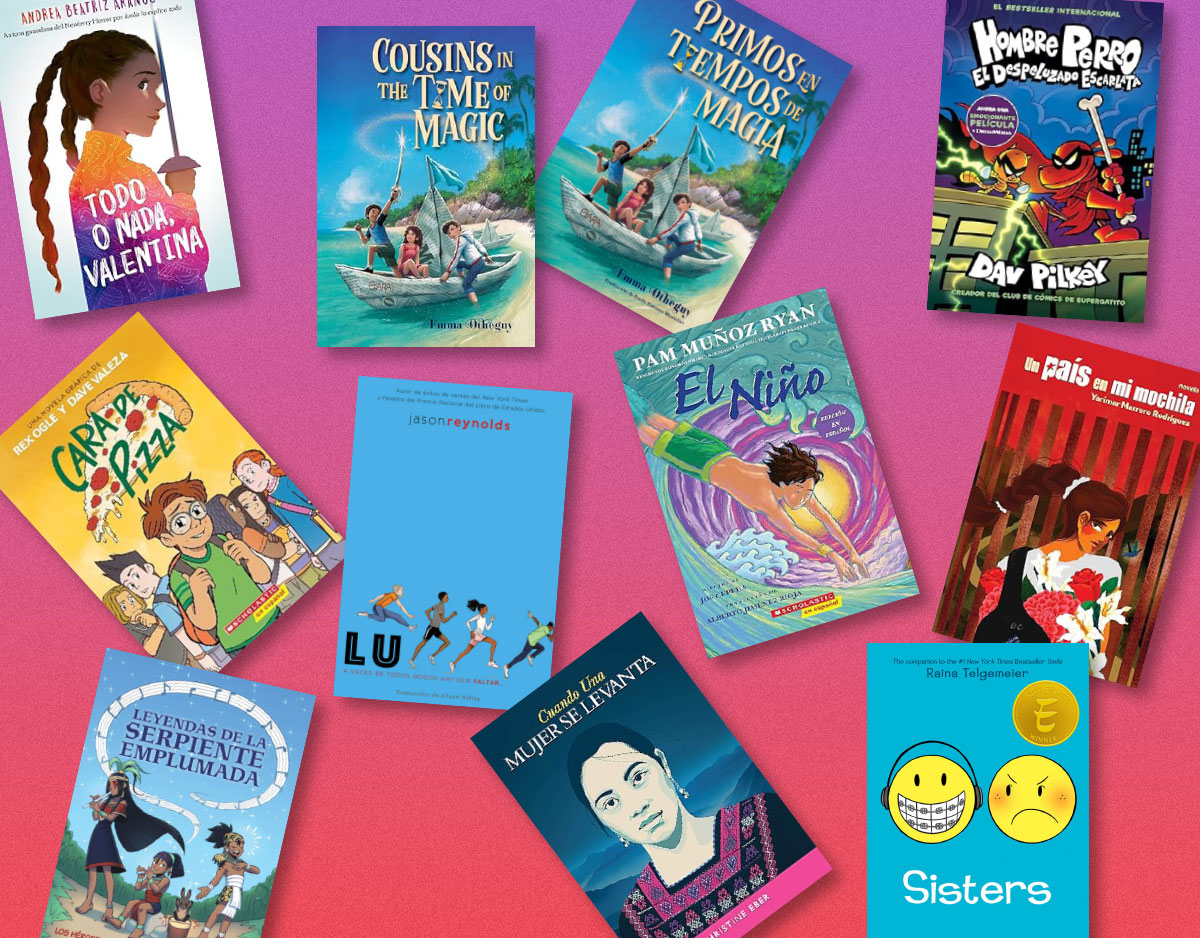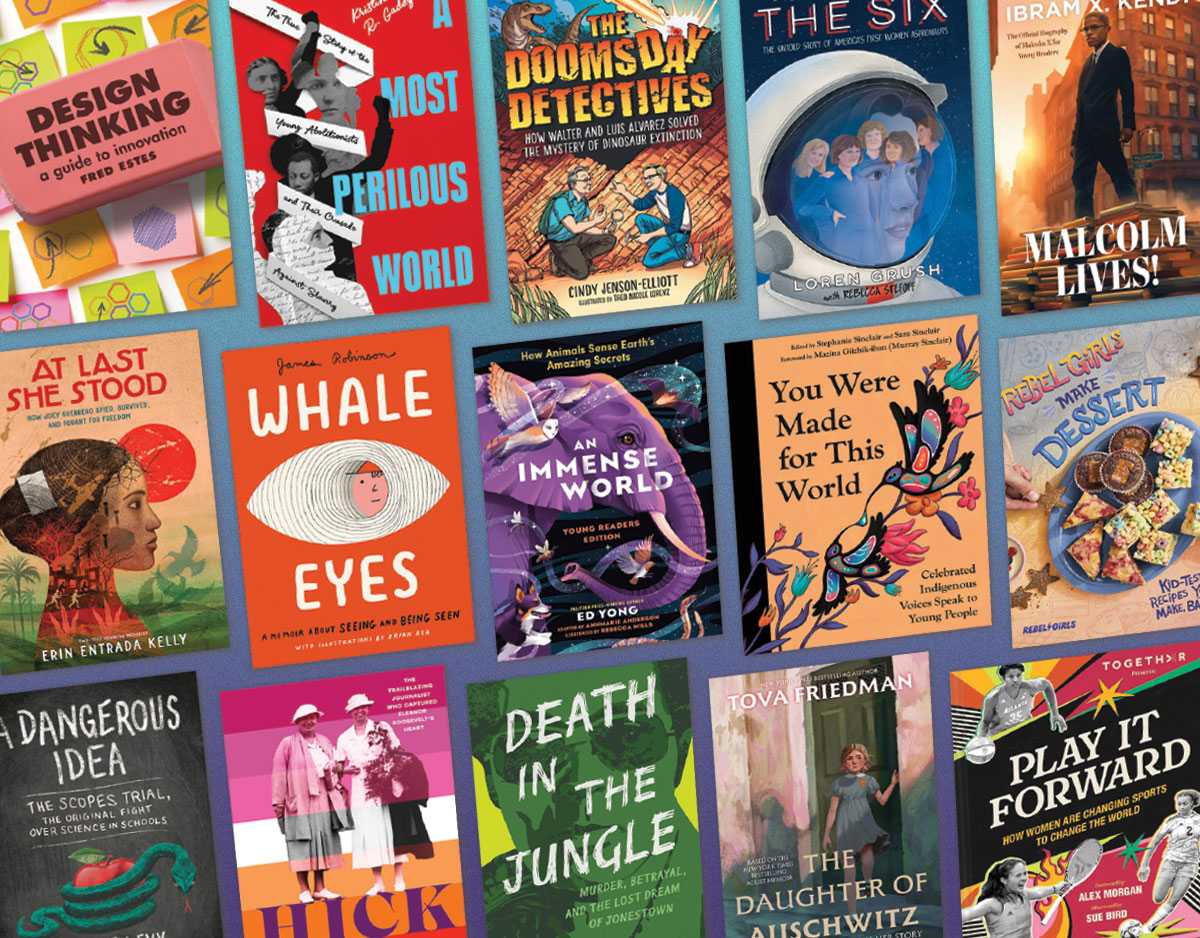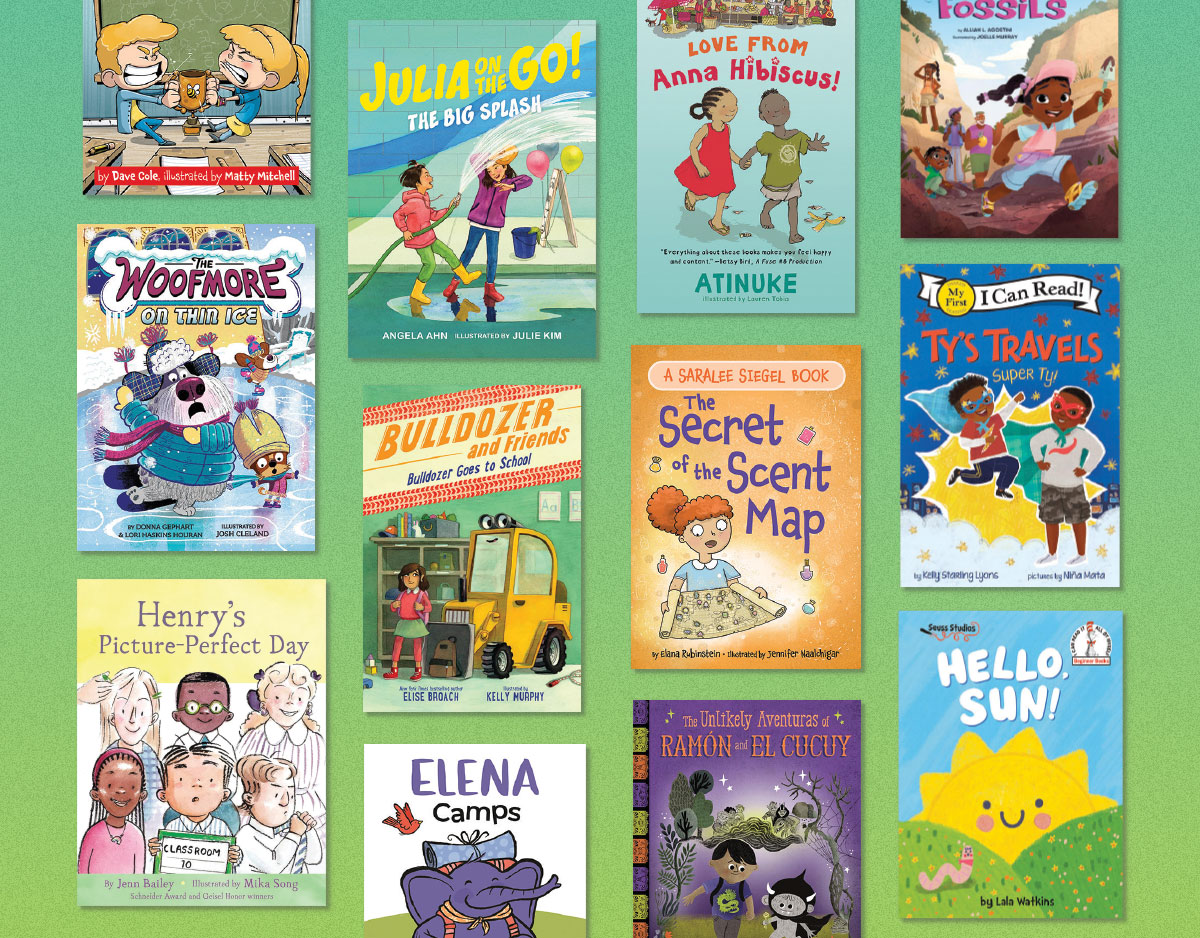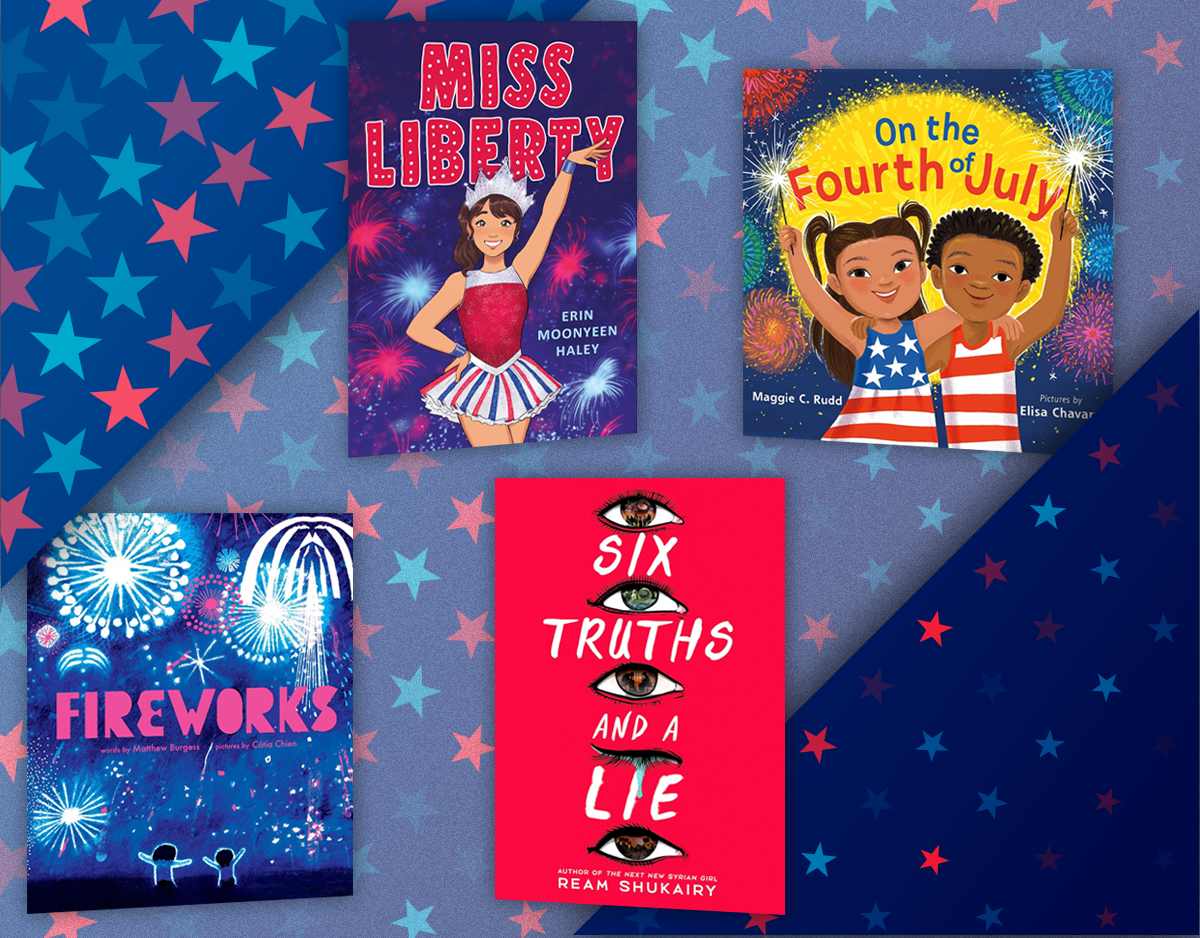SCROLL DOWN TO READ THE POST
National Jukebox ready to play (No nickel needed!)
Imagine your computer as a new Gramophone purchased for family and friends to enjoy in your home parlor. Audition popular recorded selections of the beginning of the 20th century years—band music, novelty tunes, humorous monologues, hits from the season’s new musical theater productions, the latest dance rhythms, and opera arias.
The Library of Congress just announced its National Jukebox project, making historical sound recordings available to the public free of charge. The Jukebox currently includes
more than 10,000 recordings made by the Victor Talking Machine Company between 1901 and 1925. Jukebox content will be increased regularly, with additional Victor recordings and acoustically recorded titles made by other Sony-owned U.S. labels, including Columbia, OKeh, and others.
A slideshow on the site describes the laborious process needed to make Jukebox a reality.
Users can discover and select audio using the following strategies:
Featured Playlist: Early Tin Pan Alley Listen
Featured Artist: Enrico Caruso Listen to Enrico Caruso sing
Featured Genre: Ethnic music: Listen
And here’s a taste of the Victrola Book of the Opera
Imagine the potential for these materials in student media projects. Imagine incorporating these pieces into lessons in music, history, art, English and so much more! Let your Gatsby readers listen to the Jazz Age.
Remember that the Jukebox recordings also include spoken word. Though the Speeches subgenre is not yet large (at 35 items), it currently offers speeches performed by William Jennings Bryan, and Presidents William Howard Taft, Woodrow Wilson, Theodore Roosevelt, and Warren G. Harding.
ADVERTISEMENT
ADVERTISEMENT
Share this wonderful resource with classroom teachers today!
Filed under: Library of Congress, media, primary sources, public domain
About Joyce Valenza
Joyce is an Assistant Professor of Teaching at Rutgers University School of Information and Communication, a technology writer, speaker, blogger and learner. Follow her on Twitter: @joycevalenza
ADVERTISEMENT
SLJ Blog Network
Celebrate The Endies with Me!
Gabba Gabba: We Accept That This Book Is Strangely Superior. A Q&A with Jay Ruttenberg and Lucinda Schreiber
Quinnelope and the Unicorn Utopia | Preview
Heavy Medal Suggestions: 73 Titles and Counting
Dystopian novels are a tool against real-world problems: Fighting back against the American Healthcare system and why it matters for everyone, a guest post by Cassandra Newbould
The Classroom Bookshelf is Moving
ADVERTISEMENT
ADVERTISEMENT

